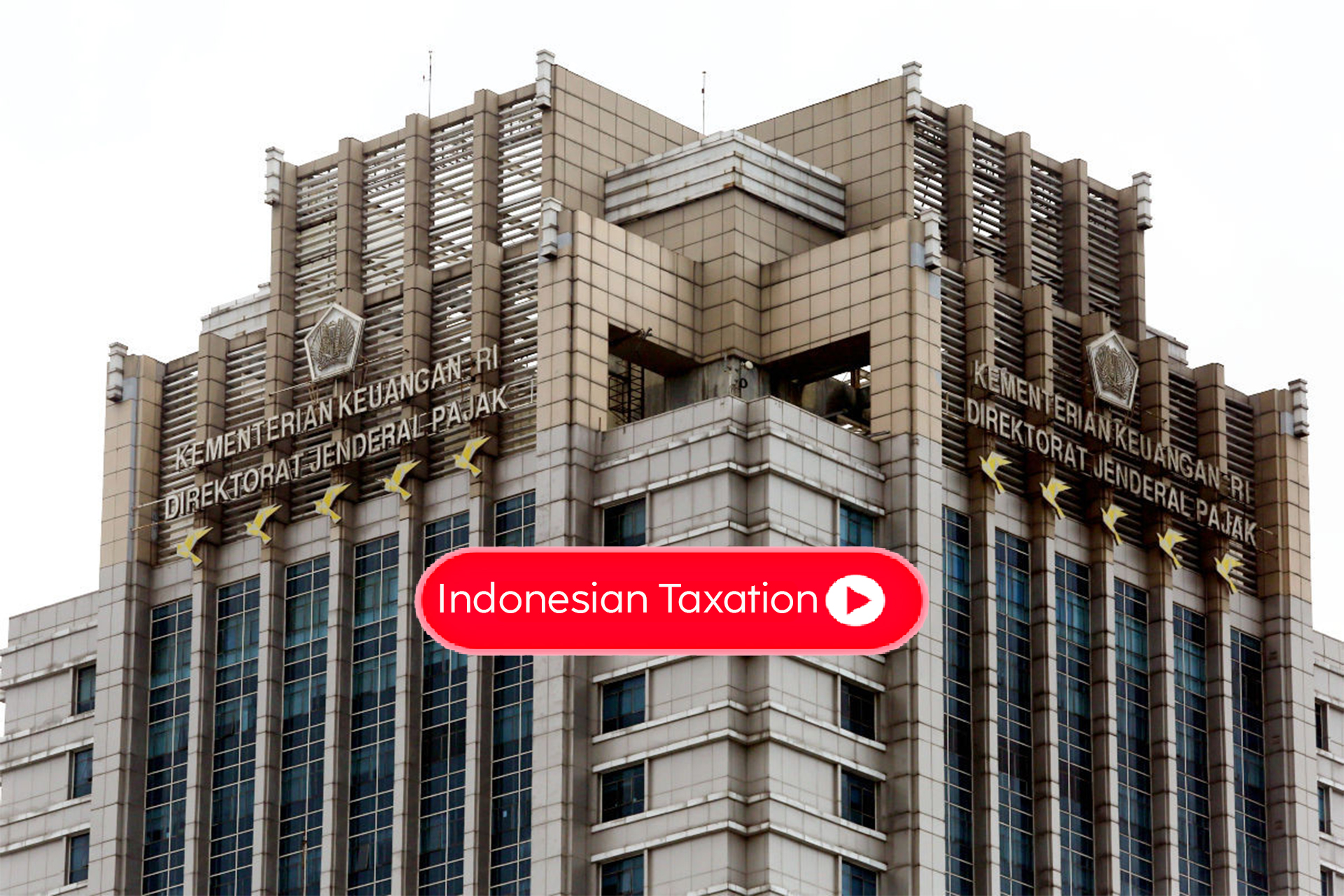Taxation stands as a cornerstone of a nation’s financial inflow. Recognizing the critical role of taxes and the necessity for a systematic overhaul, the Ministry of Finance has set its sights on completing the Tax Administration Core System (PSIAP) project by early next year. But what exactly is this initiative all about? Let’s delve into the details.
Virtually every nation across the globe has established a taxation system, essential not only for financing development but also for advancing the well-being of its citizens. Taxes, besides serving as a primary source of income, function as instruments to mitigate economic disparities and poverty while simultaneously acting as economic regulators that influence the behavior of economic actors.
According to the Ministry of Finance website, Nufransa Wira Sakti, Senior Advisor to the Minister of Finance for Tax Oversight, underscores the strategic importance of taxes in national economic growth. In Indonesia, taxes represent the primary source of revenue. As of the end of May 2023, tax revenue has reached approximately IDR 830.3 trillion, accounting for around 48 percent of the APBN target.
Nufransa remains optimistic that the revenue targets for 2023 and the subsequent years will be met, even though there is a possibility of an increased revenue target in 2024. This optimism stems from the Directorate General of Taxation’s (DJP) various strategic programs planned for the upcoming year, one of which is the implementation of the Pembaruan Sistem Inti Administrasi Perpajakan (PSIAP).
Indonesia’s Tax Revolution: A Closer Look at PSIAP
The Directorate General of Taxation (DJP) is continuously striving to renew the core tax administration system, also known as PSIAP. PSIAP is a project focused on redesigning and reengineering tax administration business processes through the development of an information system based on Commercial Off The Shelf (COTS) solutions, coupled with a comprehensive tax database. The ultimate aim of PSIAP is to render the tax system easy to navigate, reliable, seamlessly integrated, highly accurate, and unfailingly precise. PSIAP also envisions bolstering service optimization, monitoring capabilities, and law enforcement.
The rationale behind the PSIAP initiative encompasses the fact that existing technology has become antiquated, resulting in infrastructure vulnerabilities. Furthermore, the current tax administration system does not encompass all the business processes managed by DJP. Therefore, the introduction of PSIAP is expected to align with the latest digital advancements, improving performance and connectivity for taxpayers.
With the advent of the Pembaruan Sistem Inti Administrasi Perpajakan, there will be significant changes to 21 DJP business processes, including registration, Tax Notice (SPT) management, payment procedures, taxpayer account management (TAM), taxpayer services, exchange of information (EoI), and data quality management (DQM). Other processes under scrutiny include document management system (DMS), business intelligence (BI), compliance risk management (CRM), assessment, monitoring, extension, examination, collection, intelligence gathering, investigation, objection and appeal procedures, non-objection processes, and the knowledge management system.
With PSIAP in place, the surveillance and examination models employed by DJP will become more streamlined and efficient. Moreover, the overhaul of the core tax system will strengthen the tax database and information repository.
Through the core tax system, DJP will prioritize the monitoring and examination of high-risk taxpayers. DJP has also implemented compliance risk management (CRM) to identify taxpayer compliance risk profiles based on Tax Notices (SPT) compared to third-party data.
Indonesia’s Tax Revolution: The Advantages of Implementing PSIAP
This initiative is poised to bring forth a myriad of innovations, transformations, and conveniences. From the taxpayers’ perspective, the implementation of PSIAP, as highlighted by DJP, offers several benefits. These encompass the availability of taxpayer accounts on the DJP portal, heightened service quality, reduced potential for disputes, and minimized compliance costs.
For DJP employees, the advantages of PSIAP include an integrated system, decreased manual workload, increased productivity, and improved capabilities. On the institutional level, the introduction of PSIAP is expected to establish credibility and trust. As for stakeholders, PSIAP promises to provide real-time and validated data.
DJP also maintains an open-door policy for incoming information, ensuring that it will be diligently followed up in line with established procedures for examining information, data, reports, and complaints. This underscores DJP’s commitment to ongoing tax reform efforts.
Furthermore, as reported by Antara, Yon Arsal, the Senior Advisor to the Minister of Finance for Tax Compliance, revealed that as the system is under development, the Ministry of Finance (Kemenkeu) is actively preparing training programs for employees of related institutions, ensuring they are well-equipped to adapt and operate the core tax system upon its launch. These training programs encompass approximately 46,000 human resources, including tax officials.
Additionally, in anticipation of the system’s launch, Kemenkeu is in the process of drafting regulations to facilitate the operation of the core tax system.
“At present, we are simultaneously preparing various other elements. For instance, we are conducting training because our colleagues will officially be involved. Additionally, preparations are being made in parallel,” he explained.
The Culmination of PSIAP Development
Suryo Utomo, Director General of Taxation at Kemenkeu, stated that the development of the core tax system has reached its final stages. “God willing, the rollout will take place in 2024,” Suryo declared during a meeting with the DPR Commission XI regarding the Ministry of Finance’s 2022 Financial Report at the Senayan Parliament Complex on Wednesday, August 30, 2023, as reported by cnbcindonesia.
Suryo explained that as of 2022, the processes of constructing, developing, and designing the information system have reached completion, achieving a 100 percent rate of progress. In the same year, Kemenkeu also conducted functional utility tests and commenced data migration.
“Data migration preparation in 2022 was completed by the end of the year, with a 90 percent completion rate,” he noted.
Suryo further revealed that in 2023, their team would carry out advanced testing, including internal tests and integration tests. These phases would be followed by security tests and operational acceptance tests.
“Before deploying the system we have built, God willing, we will continue to conduct several tests this year,” Suryo added.
He stated that the Directorate General of Taxation would continue to train its employees for the operation of the system. Moreover, they will conduct public awareness campaigns. Once all these tests are completed, Suryo affirmed that the core tax system will be ready to launch in the first quarter of 2024.





 20% off today. Whatsapp us!
20% off today. Whatsapp us!